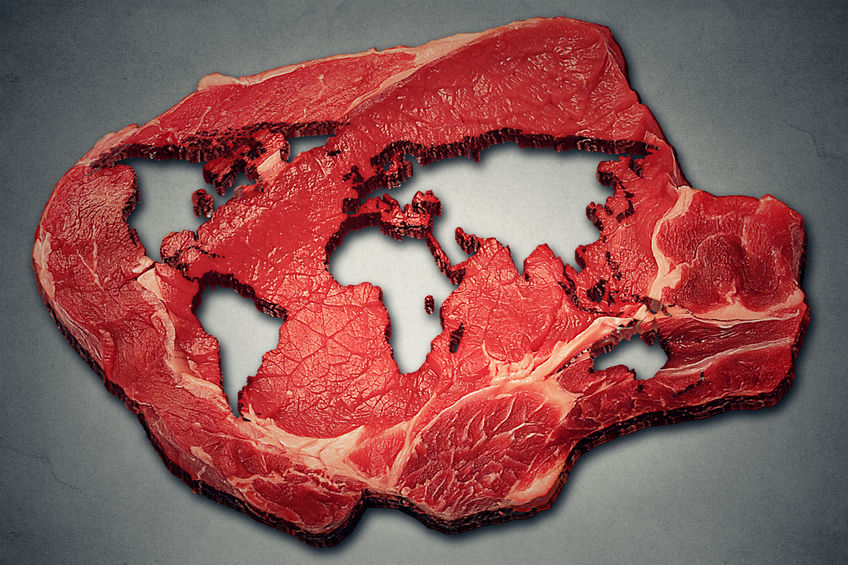Companies that best anticipate change will be the leaders in tomorrow’s market. It’s just how business works. Either you’re growing or you’re declining. No idling I’m afraid. This is even more relevant in the food industry global market.
Globalization is the future. Are there risks?
Whether we like it or not, more food is being traded across international lines than ever before. Businesses need growth and are looking towards foreign markets to satisfy this need. But are there risks?
Items to consider
Today’ margins are razor-thin and companies are forced sourcing from low-cost suppliers around the world. This comes with the chance of increasing food safety and quality risks which makes traceability and control over global supply chains much more challenging. And then there’s this…
Currently high-profile food safety issues, fraudulent or not, are triggering public health concerns and damaging trust in the industry and in governments around the world. With the popularity of social media and increasing public interest, a single lapse in quality control can quickly become a scandal that makes international headlines. Really bad for business.
Governments, across the board, are adopting stricter and more complicated regulations for quality standards, supervision and sanctions. This creates unprecedented compliance risk and additional costs for companies with operations, suppliers or customers in multiple jurisdictions.
Technology
Technology advances are increasing our ability to detect hazards and identify risks. New technologies, such as on-farm GPS mapping and DNA labelling are now commercially viable. Along with data analytics, these technologies can enable tighter controls along the entire length of the supply chain that will improve quality and efficiency. Advances in traceability will increase accountability and enable companies to execute fast, targeted recalls. Traceability combined with social media will give consumers unprecedented transparency into the origins and ingredients of their food.
Also, the internet gives consumers access to vast amounts of information about food and health issues. Social media enables every consumer to share and document their views on the quality and safety of food products real time. Using nothing but their phone, anyone can use text, pictures and videos to expose issues and trigger a food scandal. In response, food companies are investing more in communications, risk management, and crisis response planning.
Higher standards advantage
World-class food companies are setting their own standards that are far more stringent than those required by law. Instead of merely complying with regulatory safety requirements, they are aiming for exceptional quality that distinguishes them from their competition and builds consumer trust and brand loyalty.
This can not happen unless they have the right tools, strong partnerships and focused goals. Knowing the challenges only strengthens the success of a global supply chain.
Become the global success you desire by watching for issues and partnering with a company that can digitize data for speed, accuracy and easy access across international borders any time on any device. It’s what Coolearth does day in and day out. Let us know if you would like to learn more.

